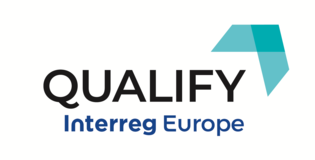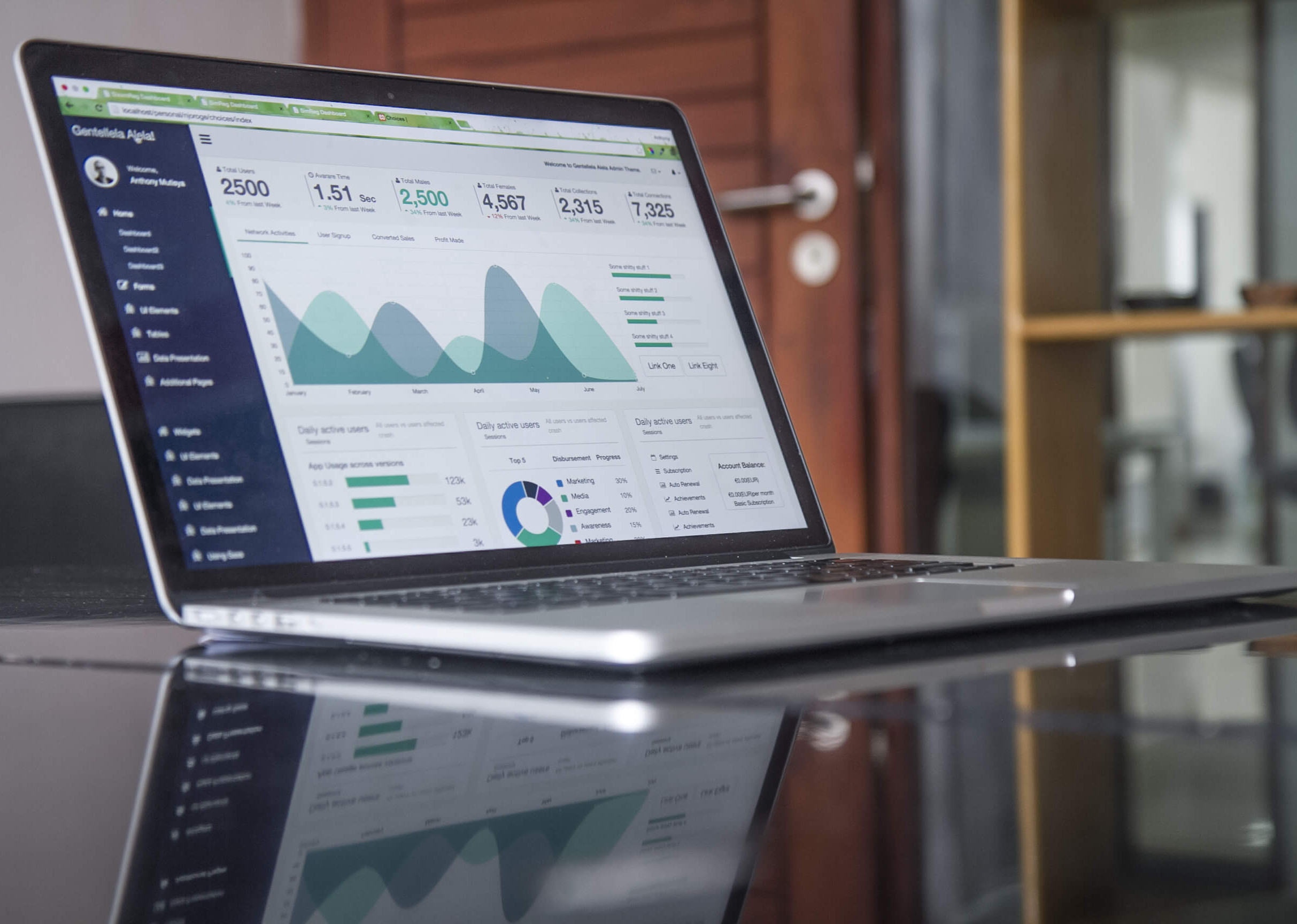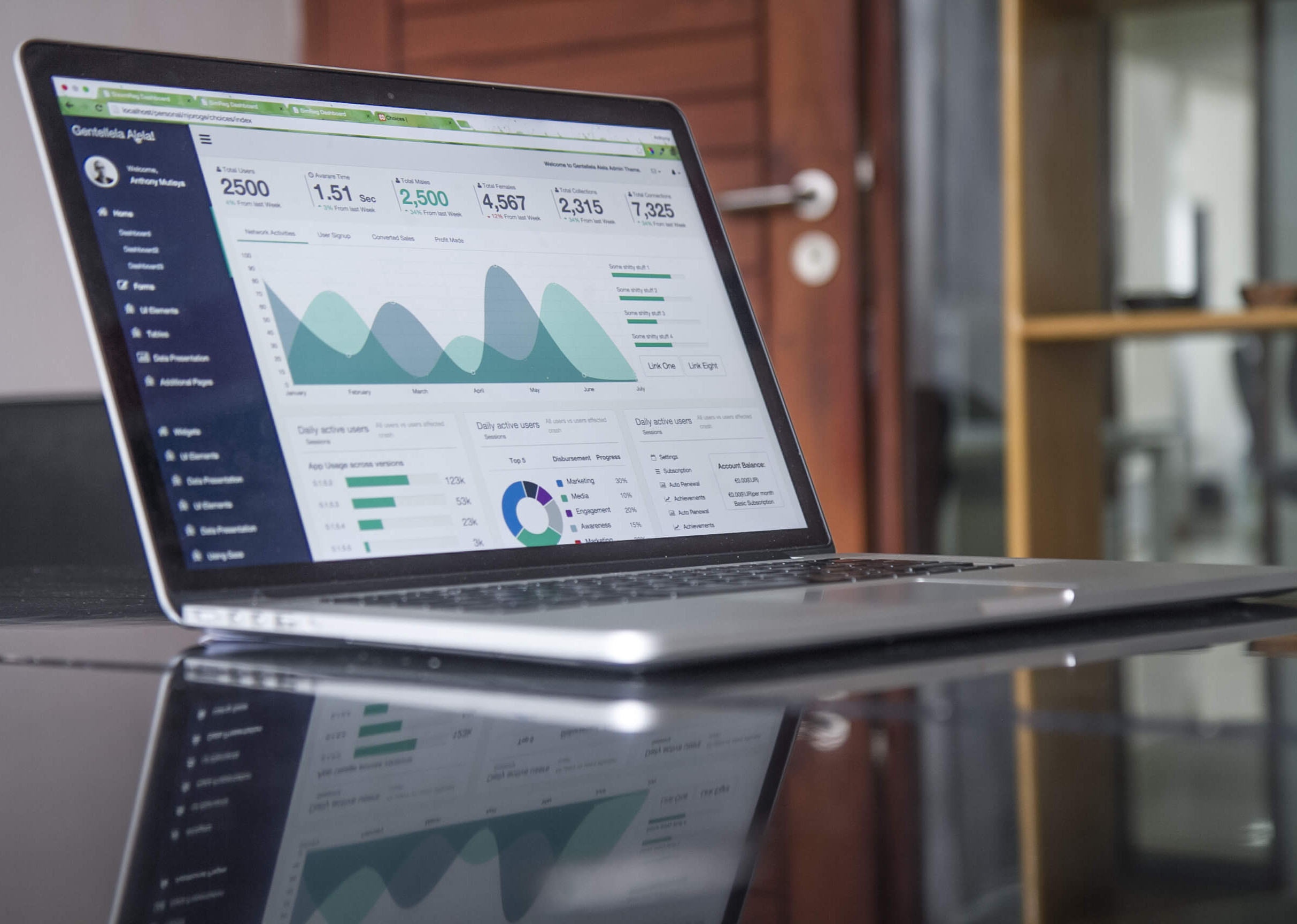On the 18th of November an online partner meeting within the framework of Interreg Europe – Qualify Project was held. A broad range of topics, ideas and concerns on safety and sustainability of the food industry were raised and discussed during the meeting. Likewise, the panelists had an opportunity to share their experiences and expertise on activities related to the development of the food industry.
Ms. Katrin Jõgi the Food Department specialist from the Veterinary and Food Board of the Republic of Estonia provided detailed information on services provided by the Veterinary and Food Board which includes inspection of compliance throughout the food chain; supervision of food operators assessment of internal supervision systems, as well as issuance of export certificates. Apart from that her colleague Ms. Marii-Heleen Juks gave an overview on e-commerce , different web-platforms available for the producers and how to use them in order to sell their products online on the Estonian market and.
Going further, Ms Airi Vetemaa from Estonian Organic Farming Foundation (Mahepõllumajanduse Koostöökogu) provided some very interesting pieces of the information about the organic farming (OF) in Estonia in her presentation. It seems quite clear that Estonia has a good potential in the era of organic agriculture and here are some of the interesting facts, proving that, “Did you know that...” Estonia has the 2nd largest percentage of organic farm lands in Europe after Austria. Estonia is not a new-comer in this field, and even though the decision on the adoption of the State Inspection System was made in 1999, the first attempts to develop organic farming were made 10 years earlier. Ms Vetemaa also made an interesting point regarding the myth of the harmful impact of meat production on the environment. She said that meat production does not present any threat for the environment as long as the production process is complied with sustainability. There are various local initiatives, however, Ms Vetemaa stressed the need for the recognition of the OF as a provider of European Green deal, in order to improve the condition for representation of the organic sector.
Continuing on the topic of farming, Ms. Kairi Raime, the researcher in Competence Centre on Health Technologies (Tervisetehnoloogiate Arenduskeskus AS) gave the presentation on the possibilities and challenges of DNA analysis to identify the composition, origin and authenticity of Estonian honey. She raised a very subtle problem of honey fraud which turns out to be a threat for the viability of organic farming not only in Estonia but also globally. In order to solve this problem and detect the fraud cases there have been already several tools in place such as Nuclear Magnetic Resonance and pollen and organoleptic testing, however, Ms. Kairi elaborated more on DNA-based detection methods, such as PCR tests used as a tool for honey genum detection.
Moving further Mr Silver Kelk, the Business Development Manager of Guardtime - Estonian company providing the assistance and experiences in the area of cybersecurity, (gave) the insight on the innovative technologies of the blockchains and how it could be applied for the food industry. Guardtime itself has a range of successful corporations and projects, some of them include the Lockheed Martin Contract and China Food Safety Cloud.
The core value proposition and the key component of the blockchain technology is an integrity process that builds the trust between the partners. Therefore, if we consider the supply chain through the food production process this technology can help with the detection of errors in the supply chain through verification of digital data provided by the producers at a certain stage of production. However, Mr Silver noted that it is crucial to realize at the outset of the production process if there is an actual need for the implementation of a blockchain.
“Quality own-control system”
During the second part of the meeting our project partners from Catalonia, France, Bulgaria, Slovenia and Greece presented their system and/or frameworks in their region/country regarding “quality own-control” , in other words, how SMEs in the agri food sector establish mechanisms to ensure quality standards in their companies, including the support of the public administrations in this regard.



